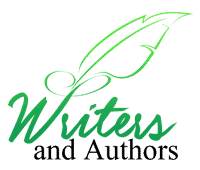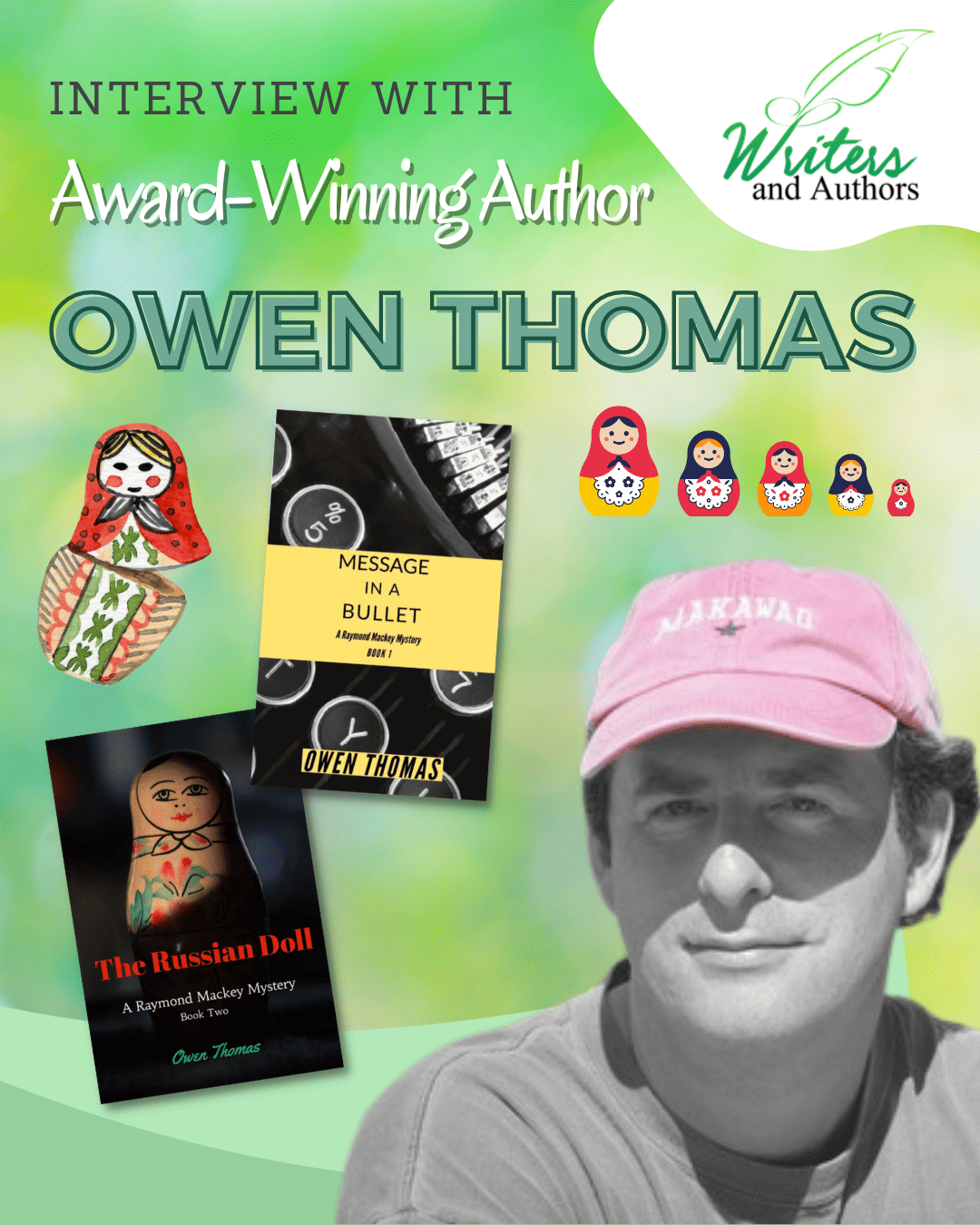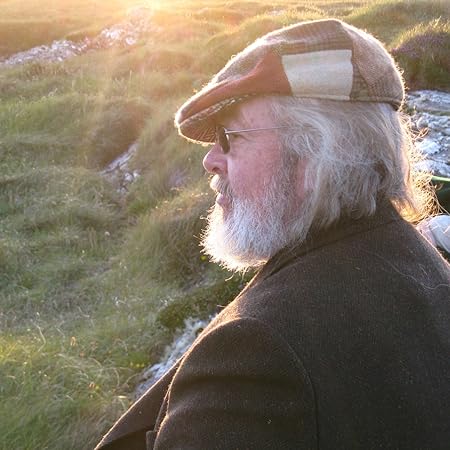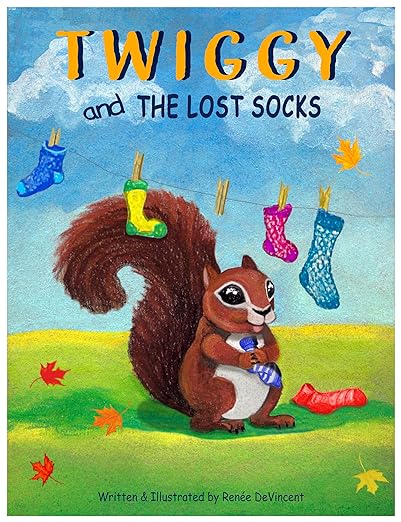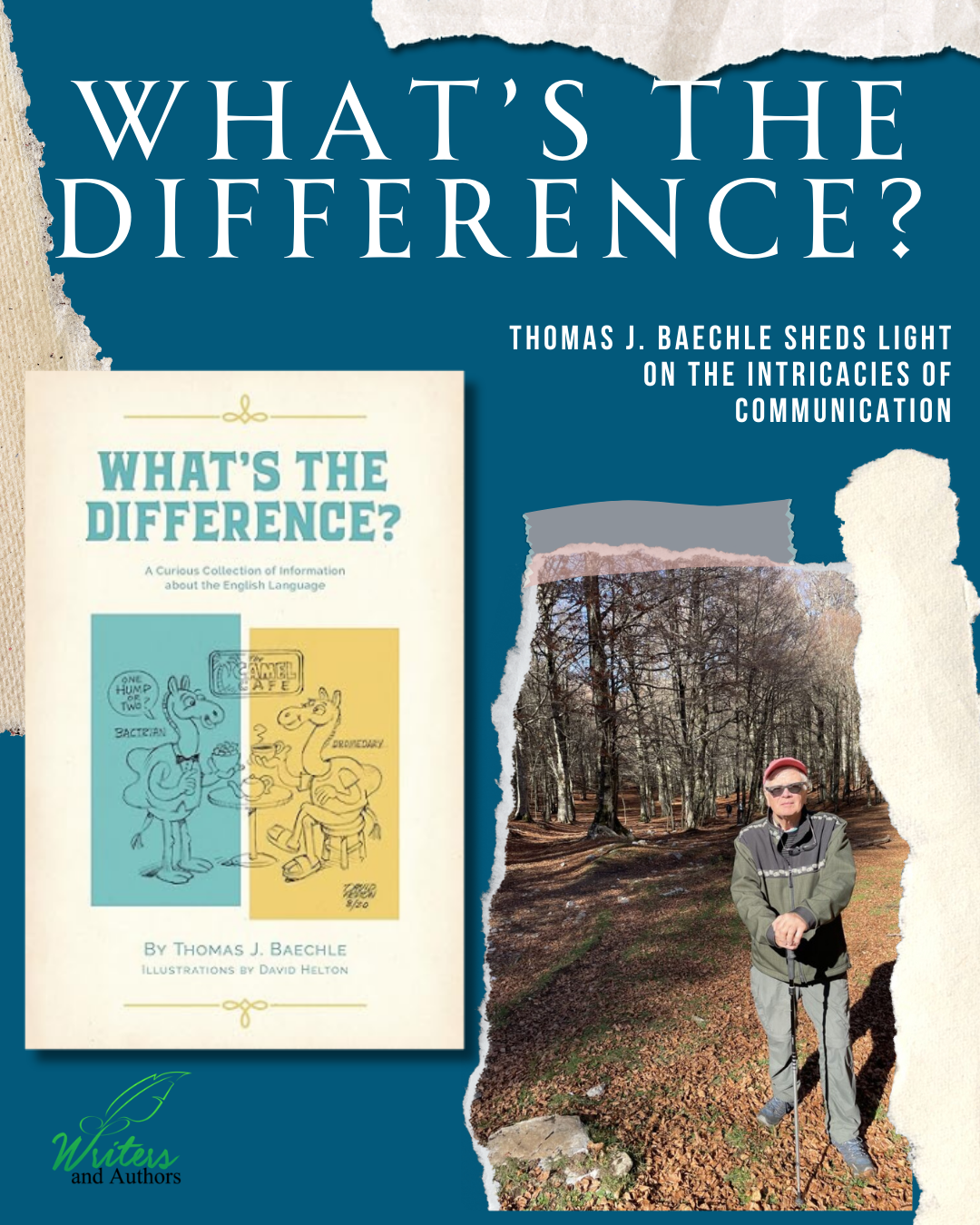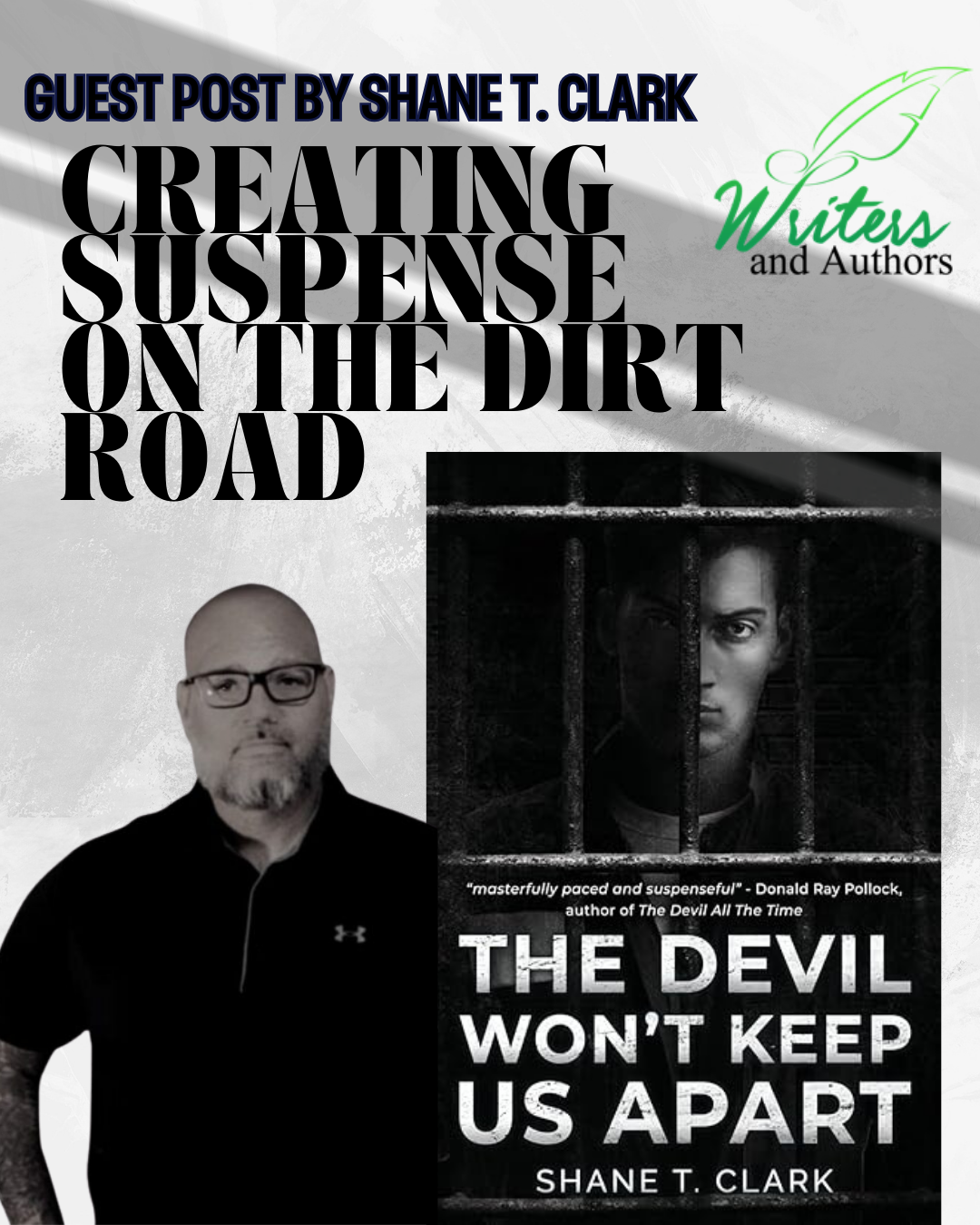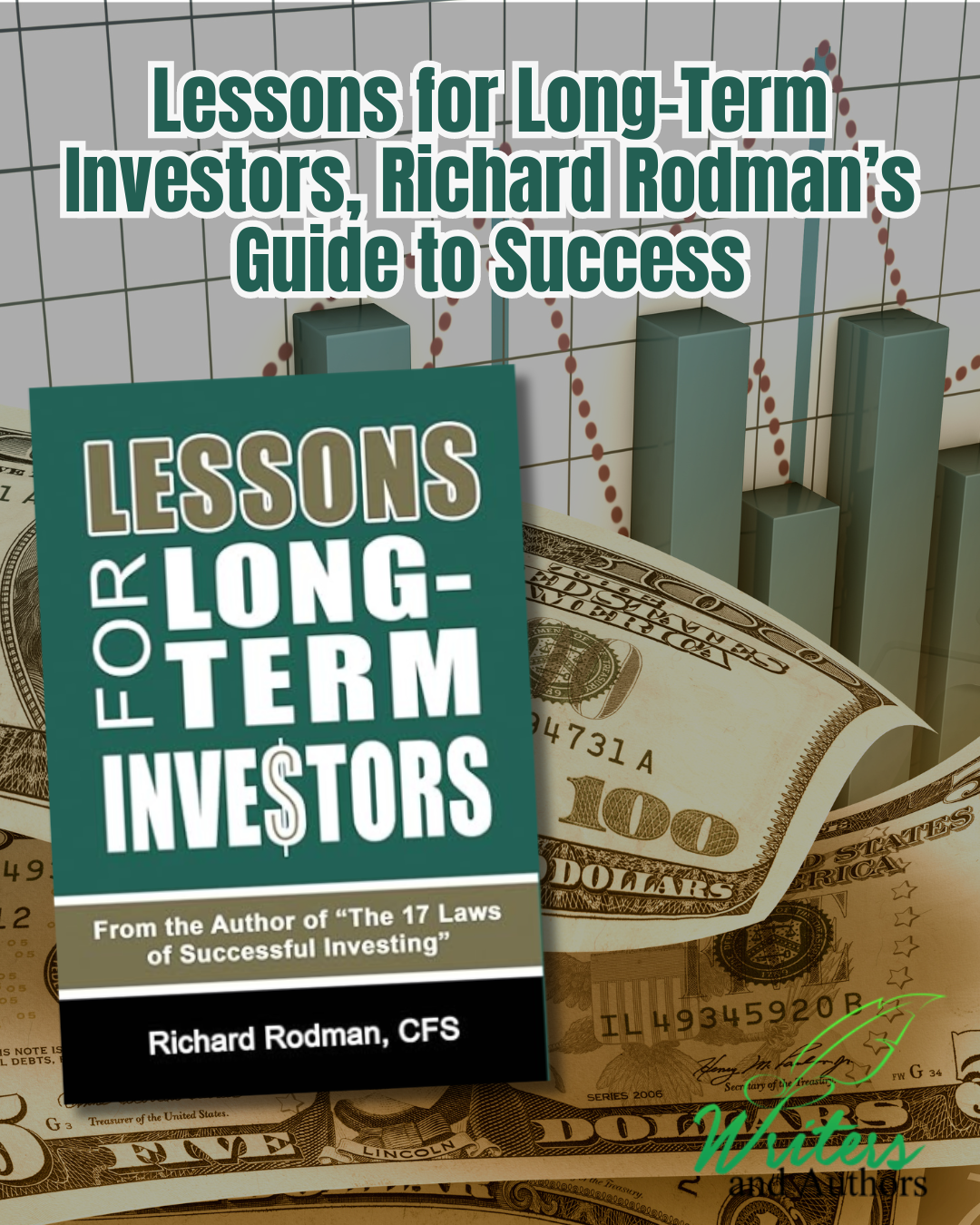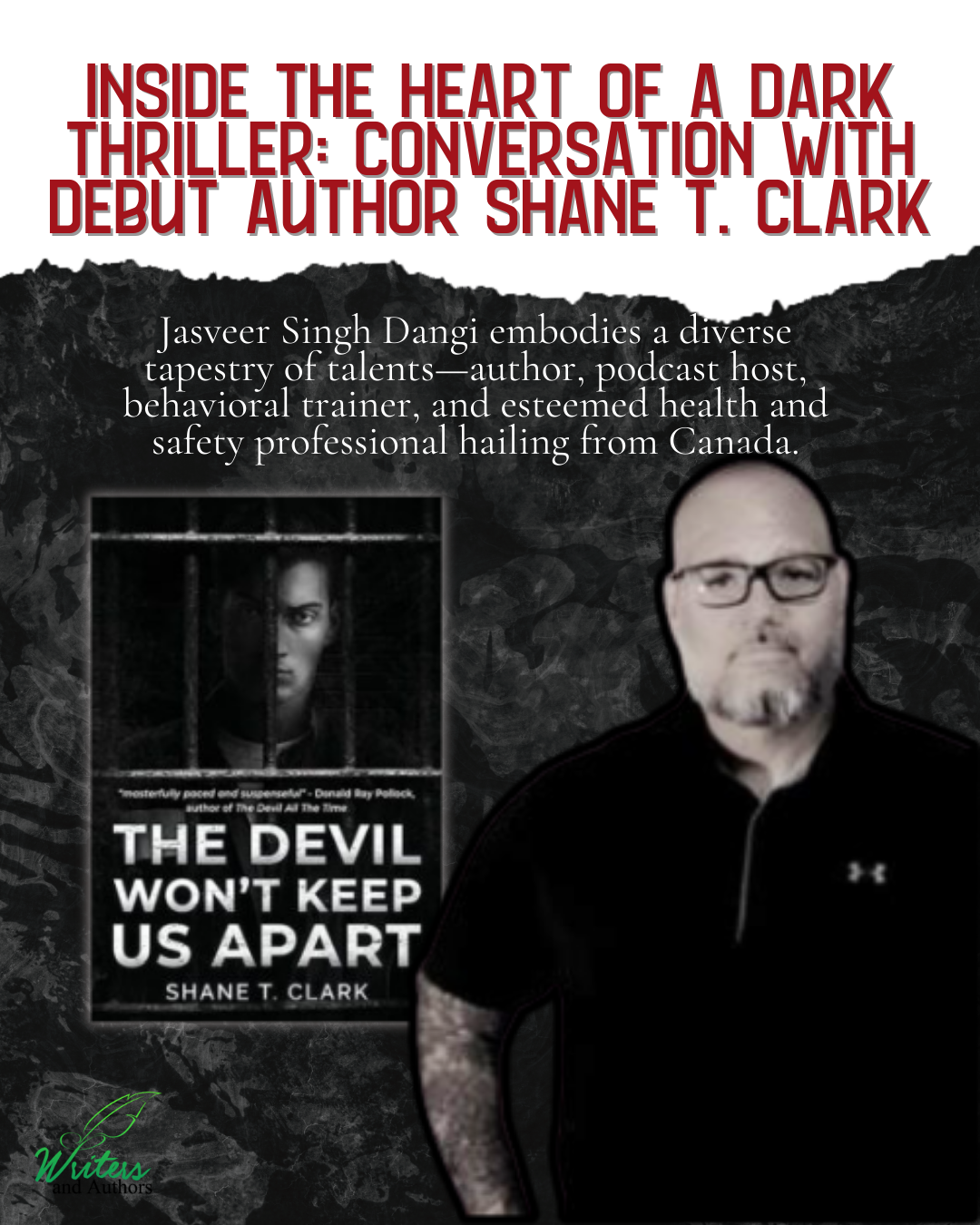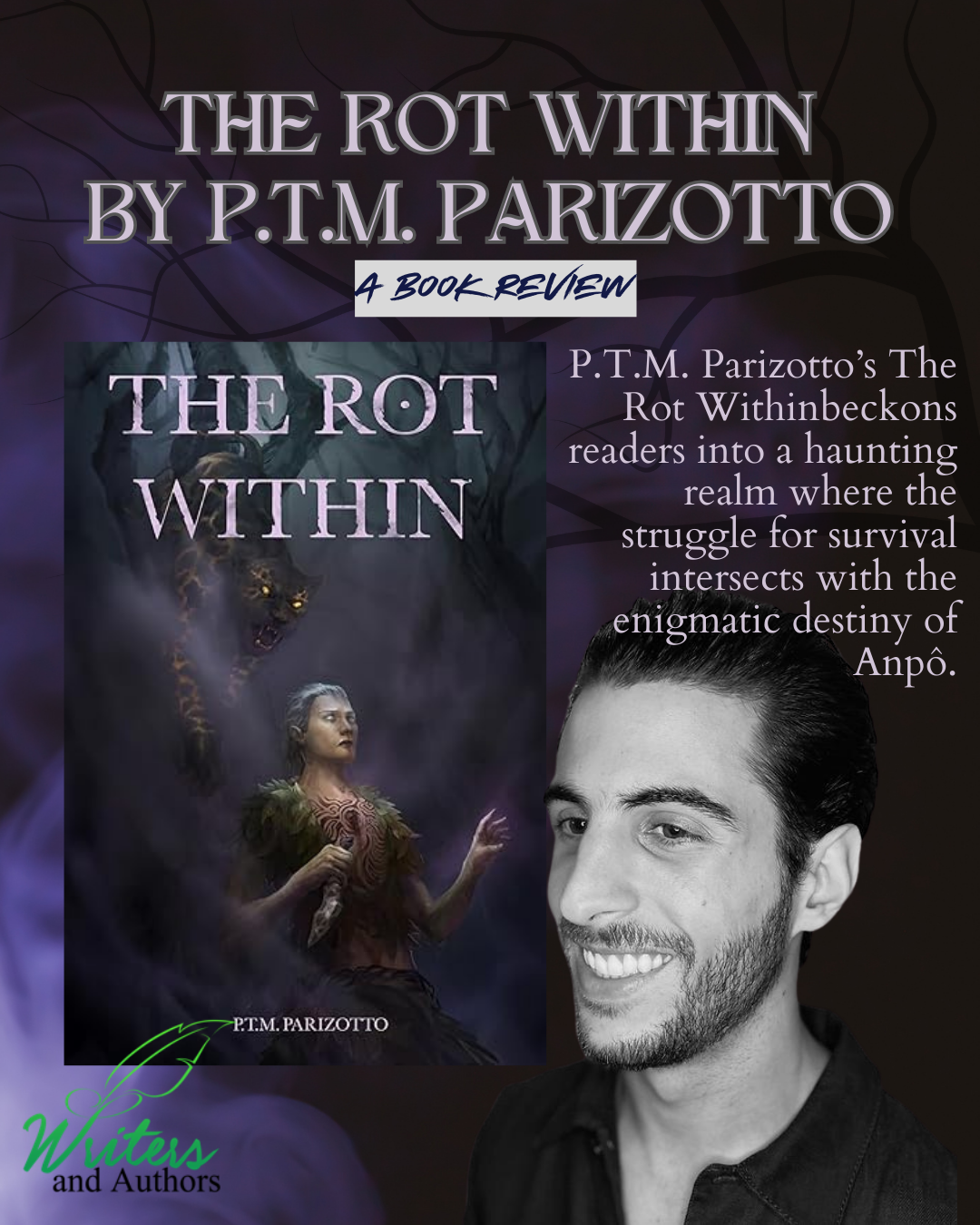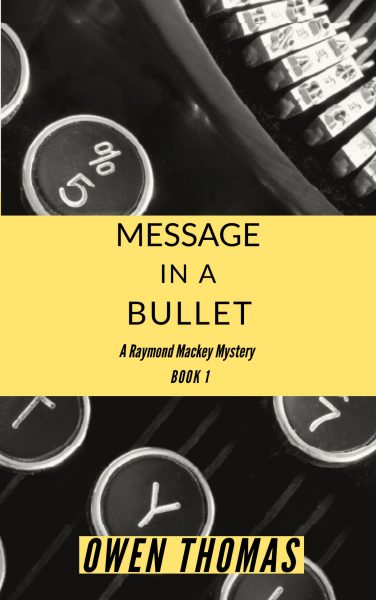 I recently had the pleasure of interviewing award-winning author Owen Thomas about his six books, with a special focus on his most recent novel, Message in a Bullet.
I recently had the pleasure of interviewing award-winning author Owen Thomas about his six books, with a special focus on his most recent novel, Message in a Bullet.
What can you share with our readers about your latest book, The Russian Doll? The Russian Doll is the second book in a detective mystery series and is currently scheduled to be released in late October 2022. The first book in the series is Message in a Bullet, which was short-listed as the best mystery book of the year by the Forward INDIES Book of the Year Award. I have similarly high expectations for The Russian Doll. This is a page-turning detective mystery series, written as a kind of modern-day homage to the classic noir detective novels by Raymond Chandler, Dashiell Hammett and Mickey Spillane. The novels are set in the current day, but the narration, dialogue and plot do tip a hat to the progenitors of the genre. Humphrey Bogart would have felt right at home in any cinematic adaptation of these novels.
Tell us something about the main character of the series. The series follows a former homicide detective, Raymond “Mack” Mackey, living in Chandler, Illinois, just outside Chicago. Mack was drummed out of the Chandler police department on suspicions of working for organized crime. When the series begins, Mack lives a solitary life as an failing crime fiction writer. A bottle of Old Forester bourbon is always within reach and his only company is Phil, a Persian cat that had been adored by his late wife, Marlo, before she died of pancreatic cancer. I say that Phil is Mack’s only company, but that is only partly right because Mack also keeps himself company. He has a dissociative disorder the psychiatrists call Depersonalization-Derealization Disorder. Mack calls it Triple-D. It means he watches himself, usually from an overhead perspective, as though someone has tied a floating camera to a back beltloop on a long string. It makes him feel watched, and not by someone inclined to judge him kindly. So, Raymond Mackey comes complete with his own Greek chorus.
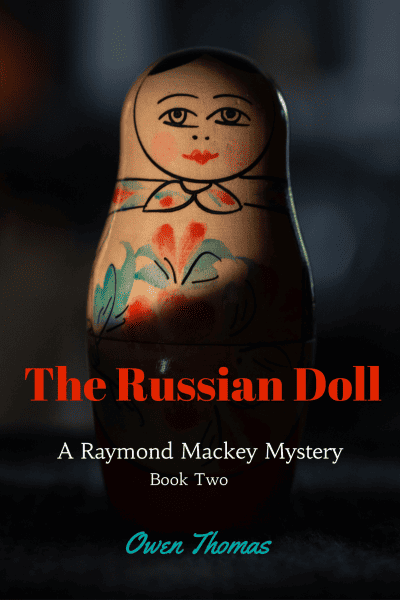 So, can we assume Detective Mackey gets pulled out of his isolation and thrust back into the action? Yes, and in a big way. Battling the suspicion (and outright enmity) of the Chandler police department, as well as his own dissociative disorder, Mack must find and rescue an old informant from certain death at the hands of an omnipresent criminal organization, led by a nearly mythic figure known only as Big Man. But each revelation leads only to further and deeper mystery that seems to pull the whole of Mack’s existence into question. As Message in a Bullet leaves off to The Russian Doll, we find that Mack’s life has only become more dangerous, complicated and confounding. When a beautiful woman and her adorable nine-year-old daughter ask Mack to locate a precious heirloom – a Russian nesting doll that belongs to her mother – Mack cannot resist helping. The decision places Mack on a path of destruction and illumination, where all the answers are deadly and every threat harbors greater revelation.
So, can we assume Detective Mackey gets pulled out of his isolation and thrust back into the action? Yes, and in a big way. Battling the suspicion (and outright enmity) of the Chandler police department, as well as his own dissociative disorder, Mack must find and rescue an old informant from certain death at the hands of an omnipresent criminal organization, led by a nearly mythic figure known only as Big Man. But each revelation leads only to further and deeper mystery that seems to pull the whole of Mack’s existence into question. As Message in a Bullet leaves off to The Russian Doll, we find that Mack’s life has only become more dangerous, complicated and confounding. When a beautiful woman and her adorable nine-year-old daughter ask Mack to locate a precious heirloom – a Russian nesting doll that belongs to her mother – Mack cannot resist helping. The decision places Mack on a path of destruction and illumination, where all the answers are deadly and every threat harbors greater revelation.
Is The Russian Doll a true sequel, picking up the action where the previous book in the series left off, or does it follow a different mystery? Yes, The Russian Doll is a true sequel to Message in a Bullet and will be followed by a third novel that is currently in the writing process. The books all serve an over-arching mystery, and each book picks up more or less where its predecessor left off. Each book offers its own pieces to a larger mystery.
Is the Raymond Mackey series of mysteries, including The Russian Doll, similar to other books our readers might have read? The Russian Doll, like Message in a Bullet, delivers on the classic hard-boiled detective, noir mystery genre. I think if you liked any of Raymond Chandler’s classics – The Big Sleep, The Long Goodbye, Farewell, My Lovely – or Dashiell Hammett’s classic The Maltese Falcon, or Mickey Spillane’s Mike Hammer books, then this series will not disappoint. This series is slightly less literary than books by the likes of John Banville and John Le Carré, which I think gives me a bit more room to deliver more action and lots of wry humor. More recently, books like The Last Policeman by Ben Winters and the Harry Bosch novels by Michael Connelly are also generally in the ballpark.
What other books have you written and how does The Russian Doll fit into that list? I have written six books. Four of those books – The Lion Trees, Mother Blues, Message in a Bullet and The Russian Doll – are novels. I have also written two books of shorter fiction, including both short stories and novellas: Signs of Passing and This is the Dream. All of the books have been very well received by readers and professional reviewers. The Russian Doll is scheduled to be released in October 2022. A third book in the series is still in the writing process. Those who register on my website – https://owenthomasliterary.com – will receive release information and opportunities for discounts.
Hundreds of thousands of books come out every year. Why would you recommend that our readers give The Russian Doll a try? Readers who have already read Message in a Bullet should read The Russian Doll as the next step in the Raymond Mackey series: however many books are published this year, The Russian Doll is the only book with those answers. For those who have yet to tune into the Raymond Mackey series, starting with Message in a Bullet will deliver a fresh take on a classic genre that will not disappoint.
Do you have a target audience in mind for The Russian Doll and the Raymond Mackey series generally? I think the series is great for adults of any gender who enjoy reading detective mysteries and crime fiction, but I would not limit the audience to that group. This series is very accessible to readers who are not already devoted to the detective noir genre, and I have already had a lot of feedback from readers who are quick to tell me that they normally are not interested in the detective genre but found the Mackey series very engaging and that they are anxious for the next book.
Is there anything you frequently find missing in the mystery genre that you have tried to avoid in writing The Russian Doll and Message in a Bullet? Two things come immediately to mind: (1) a main character who is more than just a tool for delivering suspense; and (2) a sense of humor. As to the first, detectives are people too. A lot of detective novelists fail to write fully realized characters, finding it sufficient to give them a gun and a badge and a few leads to chase down. In my experience, the less human the characters are, the less readers care about them and the less compelling the book. Raymond Mackey is a character that is hard not to care about. As to the second, it is a rare book that is not made better with some well-placed, appropriately toned humor. I find it especially important for serious subject matter, allowing the reader to relax his or her emotional muscles and tack a breath before diving back into the mayhem. It is worth adding that this series also includes a subdued supernatural element that sets it apart from others in this genre.
Can you share with us a rewarding experience you have had since you began publishing your work? My debut novel was a huge, two-volume epic called The Lion Trees about a family of four living in Ohio during the Bush Administration. Over the past decade, The Lion Trees has garnered dozens of international book awards, but long before it became known, I received an email from a reader thanking me for writing the book. She told me that she is married to a disabled veteran who was not able to read for himself and so in the evenings she would sit with him and read aloud every word of this 1,600-page behemoth. That was very gratifying and a powerful reminder to me that you never know how something you create – a book, a painting, a song – might impact another person.
How would you describe your writing style? In my literary fiction, like with The Lion Trees or Mother Blues, I have developed a fairly distinct style of writing what I call “braided narratives” in which several clusters of characters follow separate and independent storylines that weave in and out of each other to form a larger, comprehensive storyline. I find that, particularly with large books, this style keeps the characters fresh and the pages turning. In my mystery writing, by contrast, as with Message in a Bullet and The Russian Doll, the plot and character arcs have a much tighter focus than in my literary fiction and while I try to include the normal conventions of good detective fiction, I invest more in the humanity of the main characters than I think is normally the case in detective novels. Finally, no matter what I am writing, whether literary or suspense, I try to include a healthy dose of humor. If I can make readers laugh, especially in the context of a highly suspenseful book like The Russian Doll, then I feel some measure of success in having delivered a kind of entertainment they were not expecting.
Are your characters pure fiction, or did you draw from people you know? I’m not sure that any character in any novel is “pure fiction.” Writers draw characters from their own experience. Certainly, characters of any depth tend to be amalgams of people the author has known in his or her life or a type of person the author has actually encountered. I am no different. I want my characters to resonate with readers as real and authentic. I do not think it is possible to fabricate that kind of authenticity from whole cloth. It all comes from somewhere, or someone, in the real world. Now, the funny part is, if you asked me to dissect any particular character and told me assign parts of his or her personality to particular people I have known in my life, I would probably not be able to give you a very satisfying answer.
Are you more of a character artist or a plot-driven writer? Generally speaking, I think of myself as a writer of literary fiction, which focuses at least as much on the internal universes of the various characters that populate a novel than the things they do and the convolutions of the plot in which they find themselves. With the Raymond Mackey series (Message in a Bullet and, most recently, The Russian Doll) I have tried my hand at genre fiction. Genre fiction typically focuses heavily on the plot and not so much on the internal landscapes of the characters. In both types of fiction, I tend to be a more blended writer. My literary fiction novels, like The Lion Trees and Mother Blues, are very rich in their character development, but they are also fairly plot intensive. My mystery novels, like Message in a Bullet and The Russian Doll, are obviously very focused on the plot, but the characters are more developed than you might find in other, more typical mystery novels. I have written Raymond Mackey as a fully realized person and his inner landscape is integral to the surrounding plot. If I can make the main protagonist a real person, giving him an emotional texture that readers can relate to, then I think readers naturally care more about what happens to him. That makes for a much more satisfying read, and actually amps up the suspense and the page-turning quality that people like in a mystery series. Adding more bullets to the plot is not the answer. Adding more gruesome and original ways to die is not the answer. Writing a character that readers relate to and care about is the answer.
 How can our readers get in touch with you? I encourage readers to visit my author website – https://owenthomasliterary.com – where they can register for information about upcoming books and discounts, purchase books, read reviews and excerpts, look at photographs and videos, and leave comments and questions. The site also includes direct social media links for Facebook, Twitter, Instagram, Tumblr, Pinterest, Linked-In and YouTube. I am also always happy to receive email from my readers at OwenThomasFiction@gmail.com.
How can our readers get in touch with you? I encourage readers to visit my author website – https://owenthomasliterary.com – where they can register for information about upcoming books and discounts, purchase books, read reviews and excerpts, look at photographs and videos, and leave comments and questions. The site also includes direct social media links for Facebook, Twitter, Instagram, Tumblr, Pinterest, Linked-In and YouTube. I am also always happy to receive email from my readers at OwenThomasFiction@gmail.com.
Where can our readers purchase your book? All of my books are available (in ink and electrons) on Amazon (visit my Amazon author page here: https://amzn.to/3BIeblh) and through my website: https://owenthomasliterary.com.
